As a dog behavior consultant, I meet weekly with dog owners full of angst. Disillusioned dog owners come to me with regularity, their dreams of a raising a perfect puppy or giving a better life to a rescue dog going awry. Usually it’s something simple (pulling on the leash, jumping on visitors, digging in the yard, barking, house training issues, etc.) Those dog stress symptoms are easily fixed through training and I relish the opportunity to do so.
Sometimes, however, the problems are more serious: the adolescent puppy starts growling at children, or the rescue dog bites a friend who comes to visit. In one of my recent cases, the dog started hiding under the sofa and submissively urinating whenever the family came home.
My job as a trainer and behavior consultant is to educate the dog owners and help make things right – for the dog. In cases where simple training and boundaries will help control unwanted dog stress behaviors and make a dog feel more secure, I guide the owners through that process. But in cases that involve fear or aggression, I’m not dealing with a training issue; I’m dealing with an unhappy dog.
As I am fond of saying, “A happy dog doesn’t growl or bite.” The most important part of an aggression consultation is figuring out why the dog is unhappy and whether or not the family is able to minimize the stress in his environment. Is the dog perturbed about strangers coming onto his property, yet he lives in a busy household with visitors coming and going constantly? Does he dislike the company of other dogs, yet was brought into a household with existing canine family members? Is he frightened of children, but lives in a house with four kids under the age of twelve? When the dog’s stress IS his environment, it’s time to think about the well-being of the dog and the nature of the owner’s commitment to him.
Many clients often say, “I’m committed to making this work.” “I’m not going to give up.” “I made a commitment and I’m not a quitter.” I remind them, this is not about them or how good a person they are. This is about what’s best for their dog. Clinging stubbornly to a “commitment’ that makes us feel good, but continues to make our dog miserable is no virtue. If we care about our dog, perhaps the greatest gift we can give him is a new home, better suited to his personality and his needs. A dog that bites should not be in a home with children or a home with a traffic pattern like Grand Central Station. He would be happier in a quiet, predictable environment with proper containment and an owner familiar with managing this behavior. A dog that’s afraid of his family should be allowed to live with a different one. This is a difficult and delicate conversation for a consultant to initiate and for a dog owner to hear, but in some cases it is a conversation that needs to happen.
We should all be committed to our dogs and to giving them the best and the most that we possibly can. But sometimes….a new home is the best home. For the dog.
-Diva



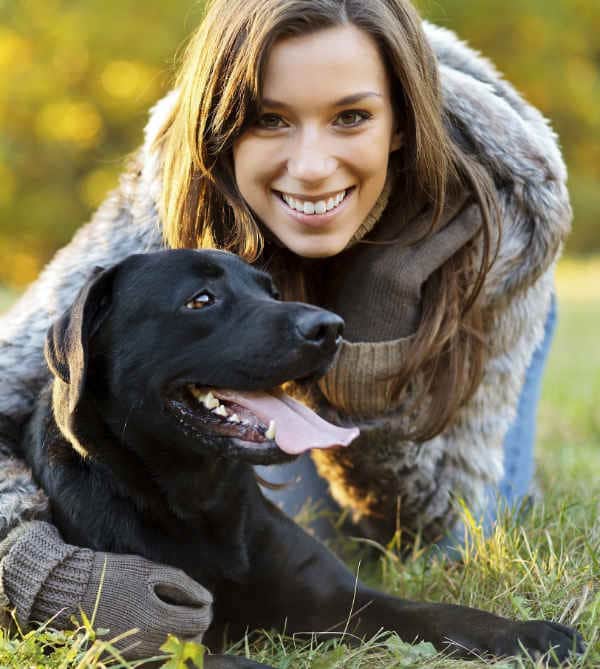
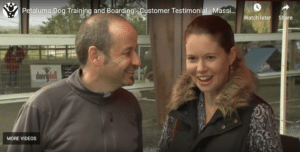
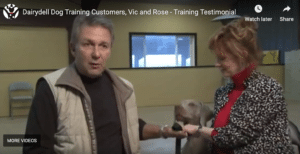
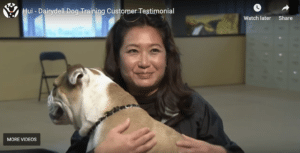
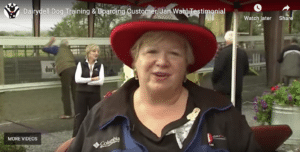



2 thoughts on “Dog Stress Signs: When a New Home is the Best Home — For the Dog”
I completely agree. As a professional trainer myself I am sometimes faced with owners who want to do “what’s right” and keep their dog even though it’s the wrong enviorment for that particular dog. What is right should actually be what is in the the best interest of the family and the dog. A dog who is fearful and acting aggressively when there are children in the house should no longer live in that house. A bite or a nip to a child could cause the dog to lose it’s life.
It’s also true that sometimes a new enviorment with new rules and new structures is exactly what the dog needs to “unlearn” the bad habits.
It’s not a pleasant conversation to have with dog owners. But it’s sometimes a necessary one. Thank you for posting this. I think that owner’s sometimes need to hear that it’s ok to NOT keep a dog.
Thanks, Lisa.
I appreciate your comments. Trainers need to hear this, too. Not everything is fixed by training and when we admit that to a client and to ourselves, we come across as more of an expert, not less. The old saying is true: “The more you know, the more you know you don’t know.” Right?
Bless you for the good work you are doing with dogs and their families in your area. Keep it up!
-Diva